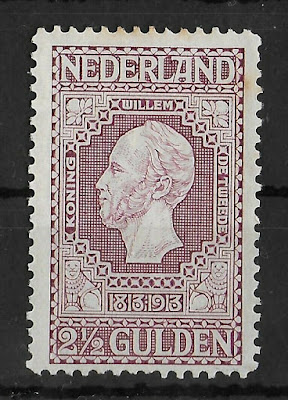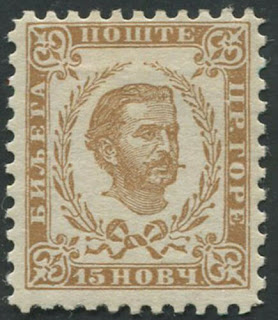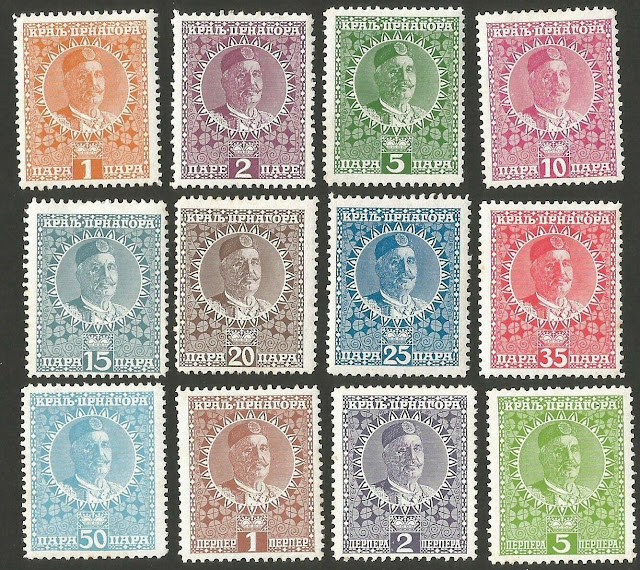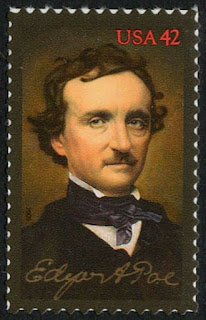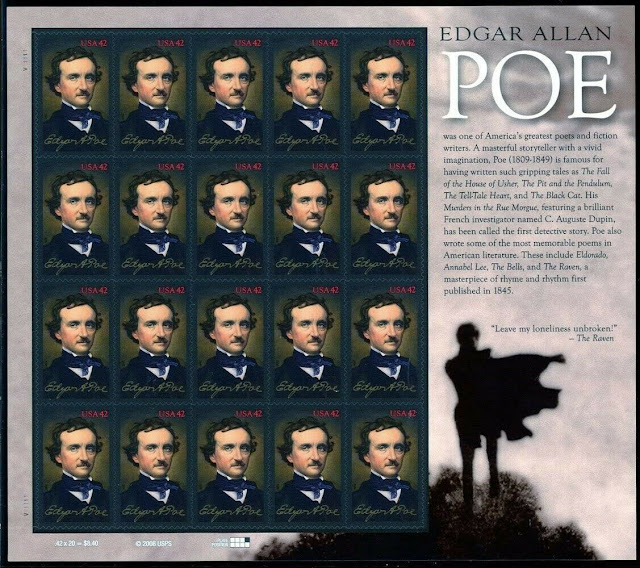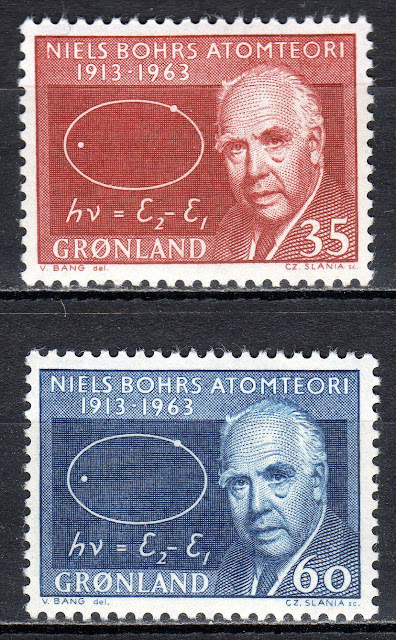1840 – Willem II becomes King of the Netherlands.
William II (Willem Frederik George Lodewijk, anglicized as William Frederick George Louis; 6 December 1792 – 17 March 1849) was King of the Netherlands, Grand Duke of Luxembourg, and Duke of Limburg.
William II was the son of William I and Wilhelmine of Prussia. When his father, who up to that time ruled as sovereign prince, proclaimed himself king in 1815, he became Prince of Orange as heir apparent of the Kingdom of the Netherlands. With the abdication of his father on 7 October 1840, William II became king. During his reign, the Netherlands became a parliamentary democracy with the new constitution of 1848.
William II was married to Anna Pavlovna of Russia. They had four sons and one daughter. William II died on 17 March 1849 and was succeeded by his son William III.
Dutch stamps from 1913 depicting Willem II
1841 Born: Nicholas I of Montenegro (d. 1921)
Nikola I Petrović-Njegoš (Serbian Cyrillic: Никола I Петровић-Његош; 7 October 1841 – 1 March 1921) was the ruler of Montenegro from 1860 to 1918, reigning as sovereign prince from 1860 to 1910 and as king from 1910 to 1918.
He gave Montenegro its first constitution in 1905 following pressure from a population eager for more freedom. He also introduced west-European style press freedom and criminal law codes. In 1906, he introduced Montenegrin currency, the perper. On 28 August 1910, during the celebration of his jubilee, he assumed the title of king, in accordance with a petition from the Skupština. He was at the same time gazetted field-marshal in the Russian army, an honor never previously conferred on any foreigner except the Duke of Wellington. When the Balkan Wars broke out in 1912 King Nikola was one of the most enthusiastic of the allies. He wanted to drive the Ottomans completely out of Europe. He defied the Powers and captured Scutari despite the fact that they blockaded the whole coast of Montenegro. Again in the Great War which began in 1914 he was the first to go to Serbia's aid to repel the Austrian forces from the Balkan Peninsula.
In January 1916, after the defeat of Serbia, Montenegro was also conquered by Austria-Hungary, and the King fled to Italy and then to France. The government transferred its operations to Bordeaux.
After the end of the First World War, a meeting in Podgorica voted to depose Nikola and annex Montenegro to Serbia. A few months later, Serbia (including Montenegro) merged with the former South Slav territories of Austria-Hungary to form the Kingdom of Serbs, Croats and Slovenes, which was renamed Yugoslavia in 1929. Nikola went into exile in France in 1918, but continued to claim the throne until his death in Antibes three years later. He was buried in Italy. In 1989, the remains of Nikola, his queen Milena, and two of their twelve children were re-buried in Montenegro.
Stamps from Montenegro depicting Nicholas I
1849 Died: Edgar Allan Poe, American short story writer, poet, and critic (b. 1809)
Edgar Allan Poe (January 19, 1809 – October 7, 1849) was an American writer, poet, editor, and literary critic. Poe is best known for his poetry and short stories, particularly his tales of mystery and the macabre. He is widely regarded as a central figure of Romanticism in the United States and of American literature as a whole, and he was one of the country's earliest practitioners of the short story. He is also generally considered the inventor of the detective fiction genre and is further credited with contributing to the emerging genre of science fiction. Poe was the first well-known American writer to earn a living through writing alone, resulting in a financially difficult life and career.
Poe was born in Boston, the second child of actors David and Elizabeth "Eliza" Poe. His father abandoned the family in 1810, and his mother died the following year. Thus orphaned, Poe was taken in by John and Frances Allan of Richmond, Virginia. They never formally adopted him, but he was with them well into young adulthood. Tension developed later as Poe and John Allan repeatedly clashed over Poe's debts, including those incurred by gambling, and the cost of Poe's education. Poe attended the University of Virginia but left after a year due to lack of money. He quarreled with Allan over the funds for his education and enlisted in the United States Army in 1827 under an assumed name. It was at this time that his publishing career began with the anonymous collection Tamerlane and Other Poems (1827), credited only to "a Bostonian". Poe and Allan reached a temporary rapprochement after the death of Allan's wife in 1829. Poe later failed as an officer cadet at West Point, declaring a firm wish to be a poet and writer, and he ultimately parted ways with Allan.
Poe switched his focus to prose and spent the next several years working for literary journals and periodicals, becoming known for his own style of literary criticism. His work forced him to move among several cities, including Baltimore, Philadelphia, and New York City. He married his 13-year-old cousin, Virginia Clemm, in 1836, but Virginia died of tuberculosis in 1847. In January 1845, Poe published his poem "The Raven" to instant success. He planned for years to produce his own journal The Penn (later renamed The Stylus), but before it could be produced, he died in Baltimore on October 7, 1849, at age 40. The cause of his death is unknown and has been variously attributed to disease, alcoholism, substance abuse, suicide, and other causes.
Poe and his works influenced literature around the world, as well as specialized fields such as cosmology and cryptography. He and his work appear throughout popular culture in literature, music, films, and television. A number of his homes are dedicated museums today. The Mystery Writers of America present an annual award known as the Edgar Award for distinguished work in the mystery genre.
US stamps depicting Edgar Allan Poe
Niels Henrik David Bohr (7 October 1885 – 18 November 1962) was a Danish physicist who made foundational contributions to understanding atomic structure and quantum theory, for which he received the Nobel Prize in Physics in 1922. Bohr was also a philosopher and a promoter of scientific research.
Bohr developed the Bohr model of the atom, in which he proposed that energy levels of electrons are discrete and that the electrons revolve in stable orbits around the atomic nucleus but can jump from one energy level (or orbit) to another. Although the Bohr model has been supplanted by other models, its underlying principles remain valid. He conceived the principle of complementarity: that items could be separately analysed in terms of contradictory properties, like behaving as a wave or a stream of particles. The notion of complementarity dominated Bohr's thinking in both science and philosophy.
Bohr founded the Institute of Theoretical Physics at the University of Copenhagen, now known as the Niels Bohr Institute, which opened in 1920. Bohr mentored and collaborated with physicists including Hans Kramers, Oskar Klein, George de Hevesy, and Werner Heisenberg. He predicted the existence of a new zirconium-like element, which was named hafnium, after the Latin name for Copenhagen, where it was discovered. Later, the element bohrium was named after him.
During the 1930s, Bohr helped refugees from Nazism. After Denmark was occupied by the Germans, he had a famous meeting with Heisenberg, who had become the head of the German nuclear weapon project. In September 1943, word reached Bohr that he was about to be arrested by the Germans, and he fled to Sweden. From there, he was flown to Britain, where he joined the British Tube Alloys nuclear weapons project, and was part of the British mission to the Manhattan Project. After the war, Bohr called for international cooperation on nuclear energy. He was involved with the establishment of CERN and the Research Establishment Risø of the Danish Atomic Energy Commission and became the first chairman of the Nordic Institute for Theoretical Physics in 1957.
Stamps from Denmark and Greenland depicting Niels Bohr
